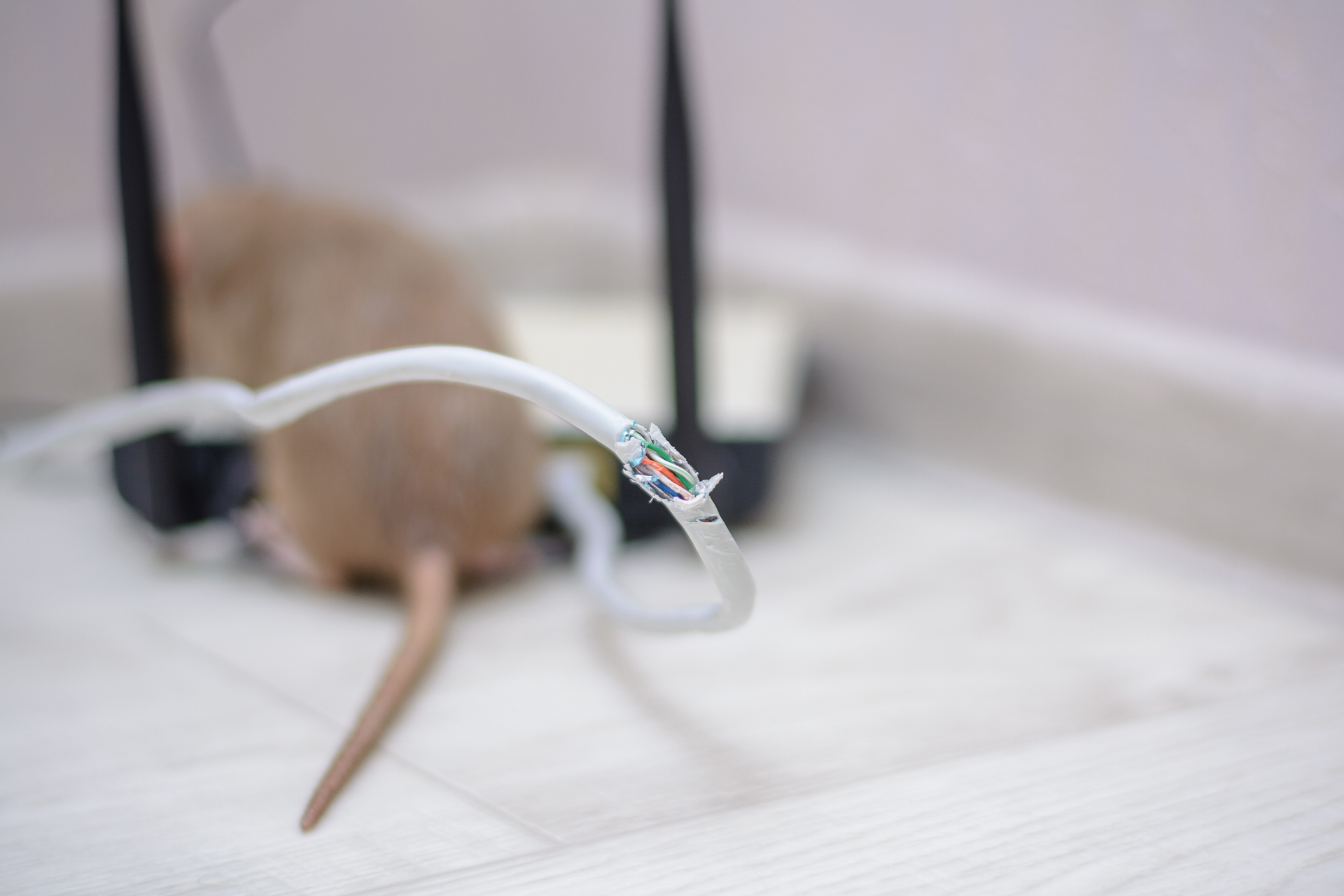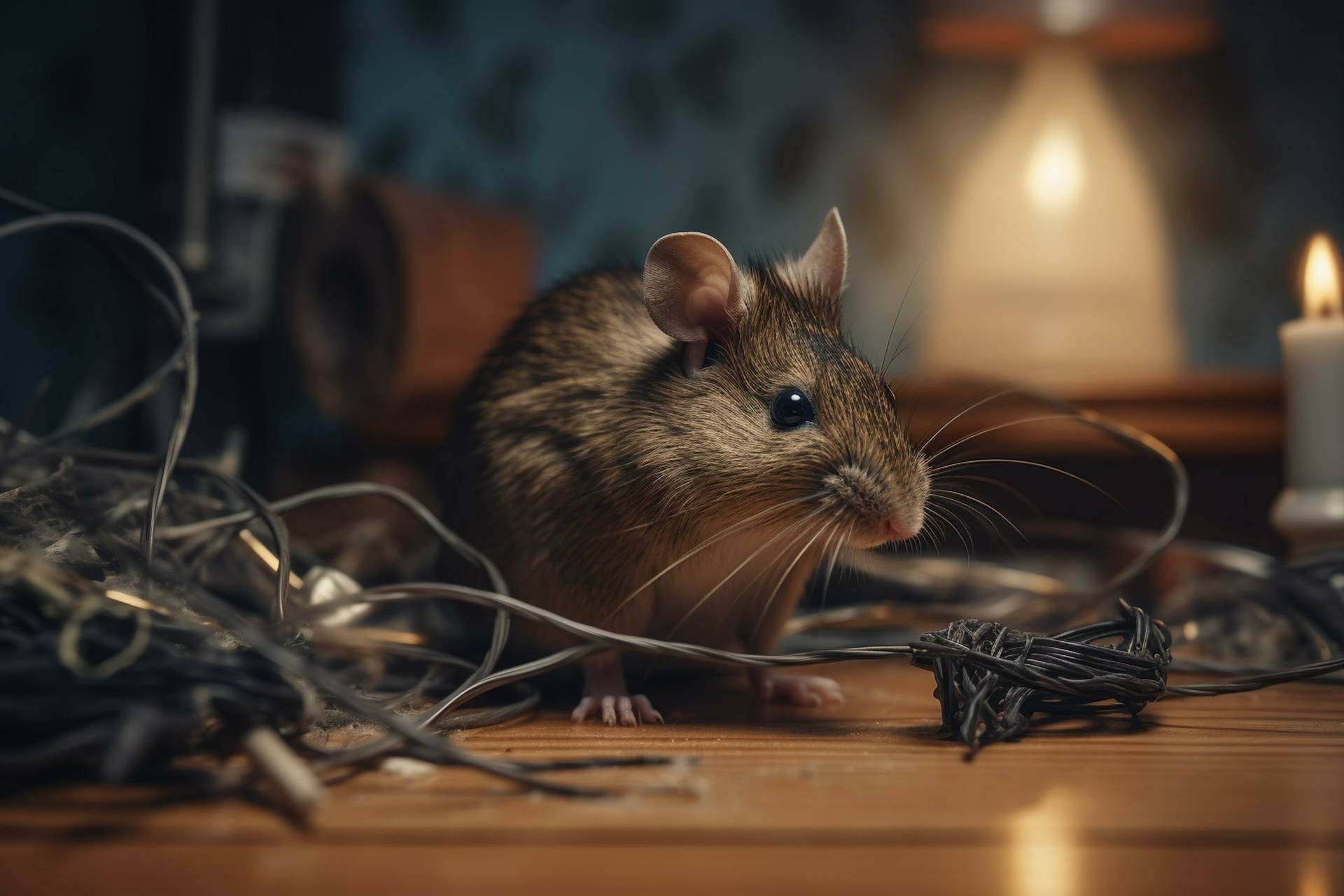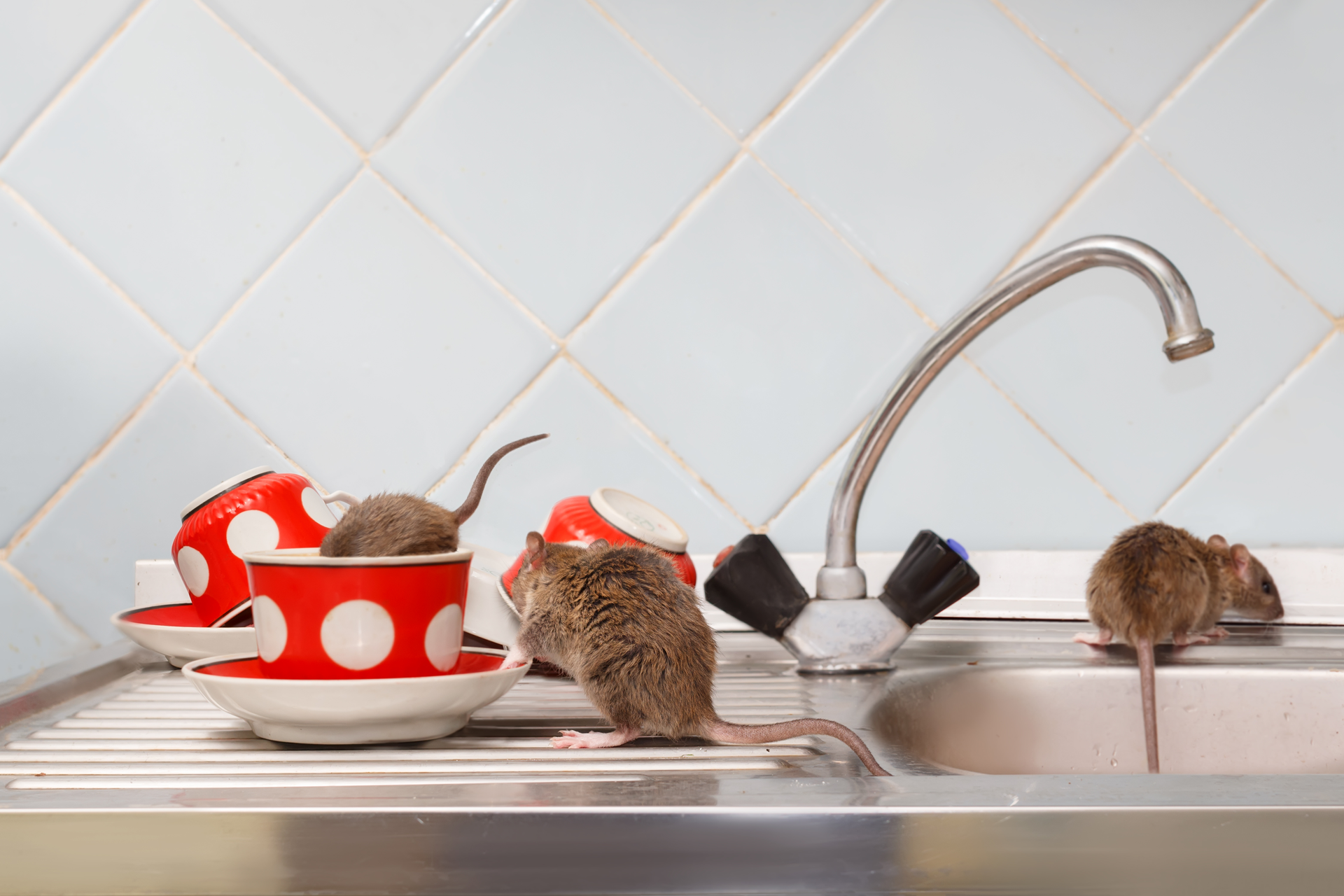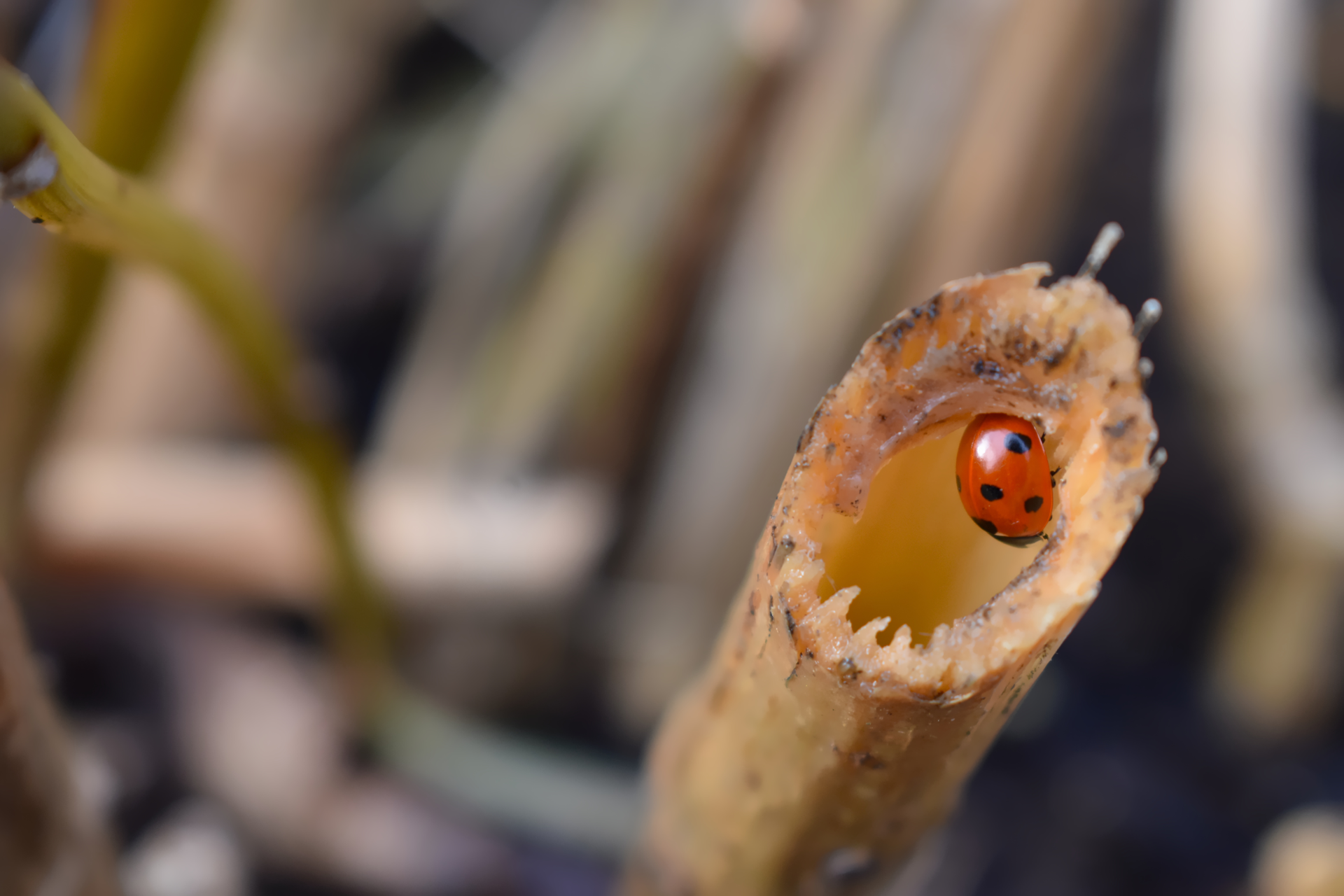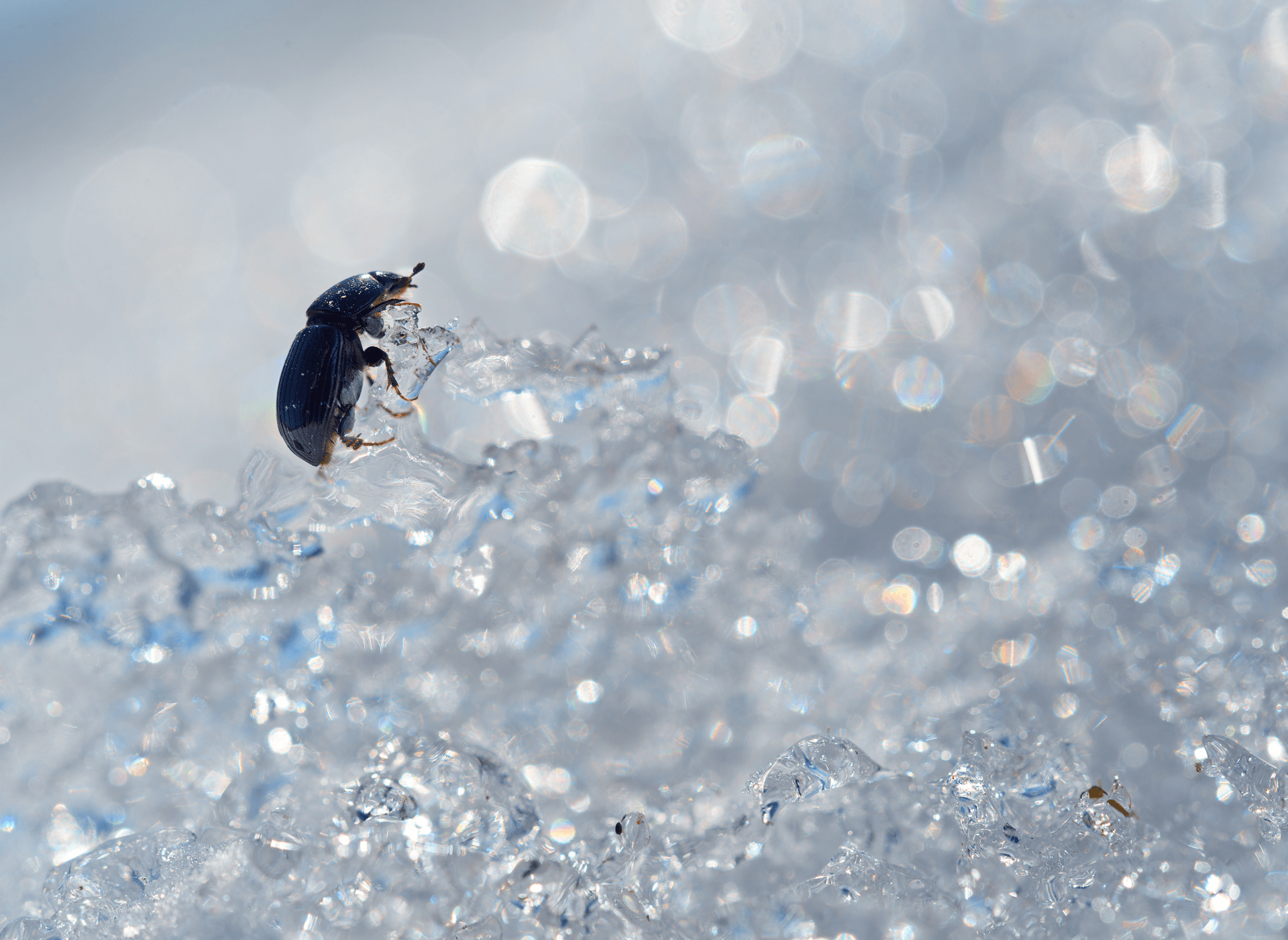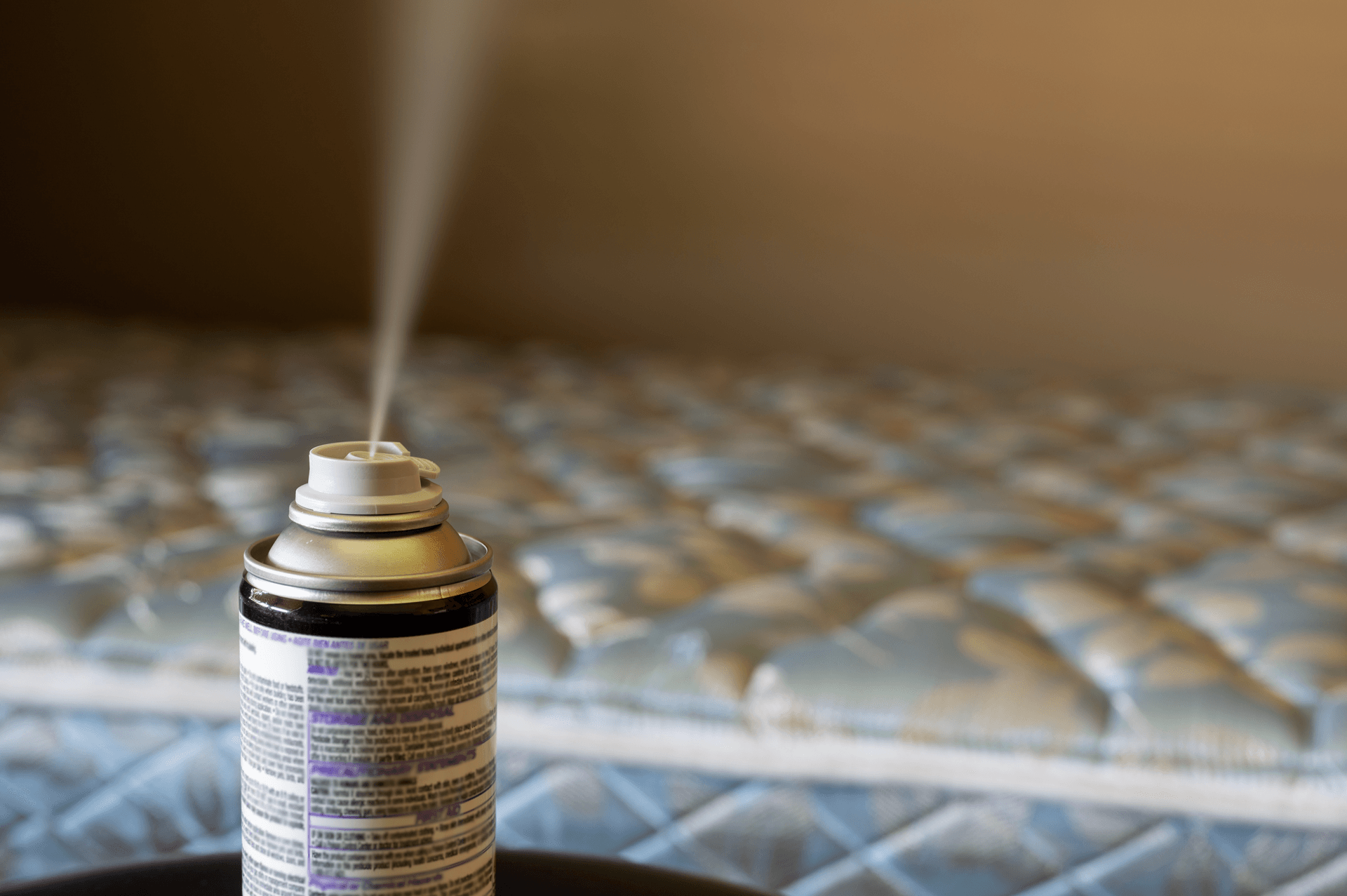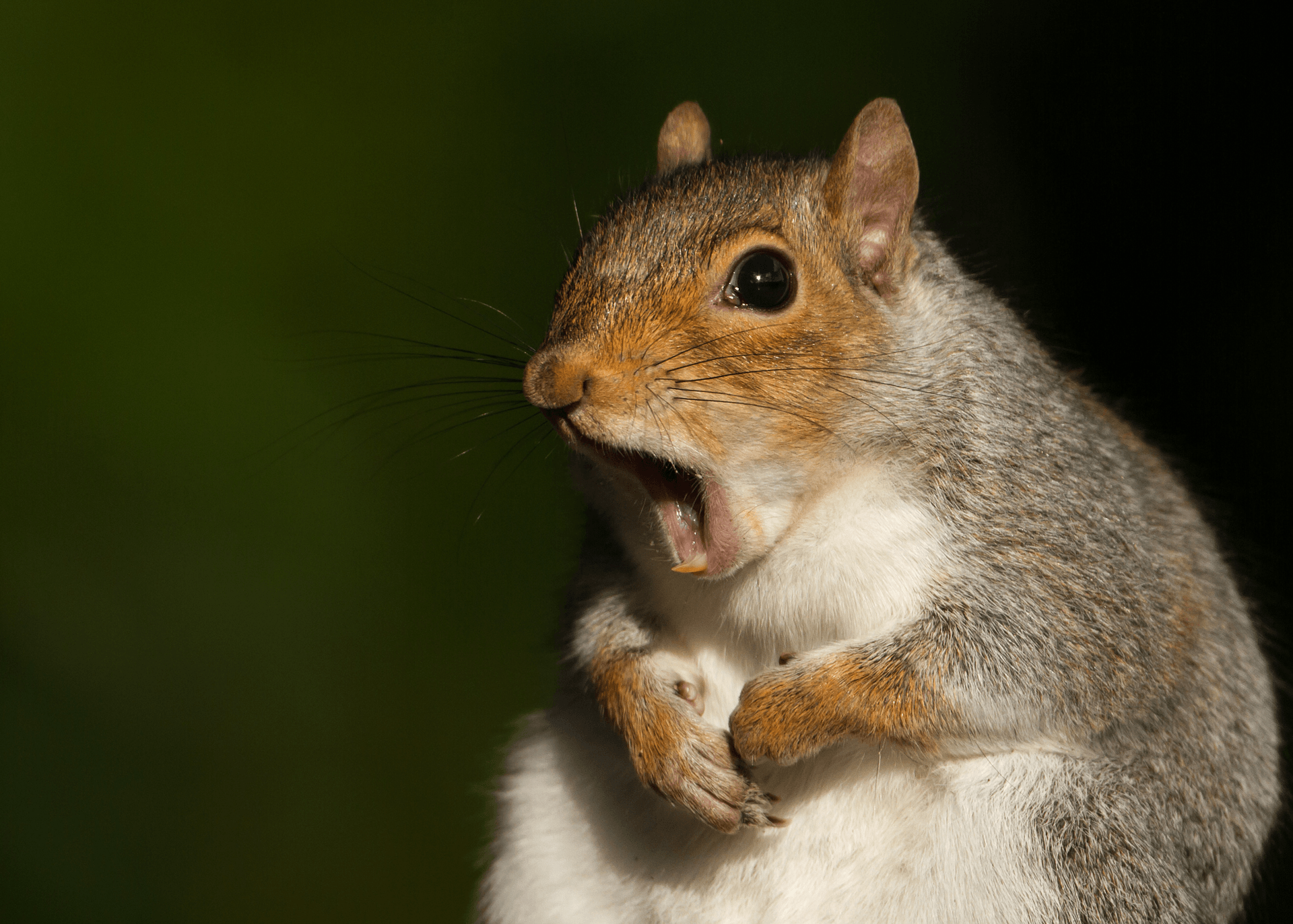Do You Need Pest Control In The Winter?
The Necessity Of Wintertime Pest Control
Have you ever considered where bugs go when the weather turns cold? While it is true that some insects and other pests die off, go dormant, migrate, or hibernate during those months, many others simply seek shelter, and a cozy haven where they can spend the winter in comfort. If that sounds a lot like home, you are correct. After all, it’s dry, warm, and comes with a readily available supply of food and water, thus making it an ideal shelter not just for humans but also for several different pests.
Ironically, many people don’t even think about pest control during colder weather, but winter may be precisely when you need it the most. In truth, the average home already contains as many as 100 different species of insects at any given time, with populations that can number into the thousands or more. That is bad news any time of year, but it is even more alarming when considering that those numbers may increase dramatically as the outside temperature drops. Harsh winter weather has been known to drive some very problematic pests indoors.
Let’s take a look at some of the worst winter invaders in the state of New Jersey:
- Ants are ectothermic, meaning that they cannot produce their own heat or regulate their body temperature. They have two options when temperatures drop to around 50° F: They can either slow down their metabolism and hibernate underground (a condition sometimes referred to as diapause in the insect world) or find a warmer place to live where that is not necessary. It is very common for ants to take up residence in a nearby home during the winter months, where they can nest, reproduce, and sometimes stay permanently.
- Cockroaches are another pest that enters diapause or moves inside during colder weather. They can no longer reproduce when the thermometer drops to about 40° F, and at approximately 15° F, they begin to die. Like ants, once inside, many species may be motivated to stick around for the long haul.
- Stinkbugs can begin looking for a warm indoor shelter as early as fall, as they begin to die rapidly at around 23° F. They, too, are capable of hibernating, but they prefer your house where they can remain active. On the plus side, unlike those ants and cockroaches, stinkbugs don’t reproduce indoors. They are also not particularly destructive, although they can snack on your houseplants. Regardless, most homeowners really despise them because of the pervasive, horrible odor they give off. That unpleasant scent seems to linger and cling to just about everything, even your skin if one happens to land on you. They don’t call them stinkbugs for no reason.
- Bed bugs, unsurprisingly, are one of the most reviled pests globally and an ever-increasing problem in New Jersey. These tiny biting insects feed on human blood, attack us when we are sleeping, and cause extreme levels of both physical and emotional trauma. Just like their predecessors on this list, they can also hibernate, but they greatly prefer the comforts of your home. Many can live outdoors, but they cannot survive if temperatures fall to the freezing point. As cooler weather sets in, they set out to find warmer accommodations. Bed bugs are famously known to be skilled travelers. They can hitch a ride on luggage, clothing, backpacks, purses, a piece of furniture, or similar items to gain access to your house. Once in, they typically don’t leave and can be incredibly difficult to get rid of.
- Rodents are also common wintertime trespassers, especially mice, rats, and squirrels. Unlike insects, these creatures are warm-blooded and generally do not hibernate. Although they can tolerate cold temperatures, they are much like humans and prefer to live in the same temperature range that we do. Did you know that we humans share as much as 99% of our DNA with rats and mice? That is why they are so often used in labs as test subjects. We have more genetic similarities to them than we do chimpanzees.
Of course, this is an incomplete list. Many other pests can try to enter your home during the winter, including ticks, silverfish, beetles, moths, flies, spiders, opossums, raccoons, and more. These creatures can cause a great deal of damage, not only in terms of physical destruction to your home and its foundation but also to your belongings. Additionally, they carry many dangerous pathogens and diseases that can make you sick. Perhaps worst of all, most pests tend to be very stealthy and elusive. They typically stay out of sight and may go completely undetected until the infestation grows to epic proportions. It is not unusual for a homeowner to share their house with legions of invasive insects and not even know it.
Perhaps the real question is not what you should look for but what you should do about pest control in general. The smart answer: Professional pest control services regularly throughout the year, especially in the winter. Only a pro has the knowledge, tools, and commercial-grade products needed to manage pest problems reliably. Bear in mind that, even if you could correctly identify a problem yourself, D-I-Y pest control rarely works well. Over-the-counter pesticides are not as effective as they used to be because many insects have developed a resistance to them. Plus, you must locate and destroy the nests to fully eliminate an infestation, and most of those nests are difficult to reach without special equipment.
The professionals at Elite Pest Control are highly trained to locate those nests. We thoroughly inspect your home, diagnose, and eliminate existing issues, and, best of all, we can set you up with an ongoing prevention plan (or exclusion plan) to ward off future problems because the most efficient way to handle a pest infestation is to prevent it from happening in the first place.
In some ways, professional pest control maintenance is like homeowners’ insurance, a necessity throughout the year that gives you invaluable protection against damage and peace of mind. In other ways, it’s a wise investment. A year-round pest control plan is much more affordable than you might think. In the long term, it can save you a significant amount of money by preventing the costly damage typically caused by an advanced infestation. So, don’t let those invading bugs take a bite out of you, your home, or your wallet.
Contact Elite Pest Control today. We are the top-rated pest and wildlife control experts in
Belford and the surrounding areas, and rain or shine, sleet, or snow, we’ll be there for you when you need us.
All Rights Reserved | Elite Pest Control



